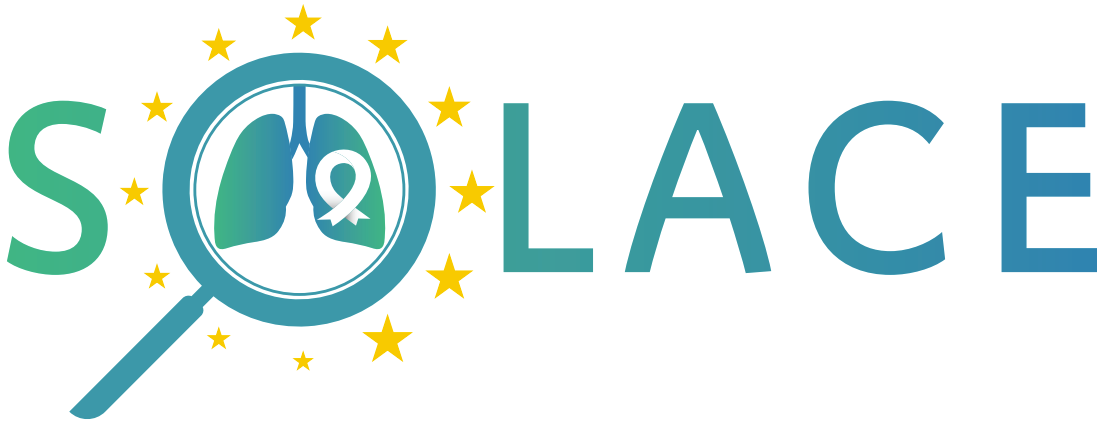Clear, compassionate, and timely communication is needed for delivering screening results. The below evidence and resources provide guidance for follow-up conversations to ensure patients are informed and supported.
Evidence shows:
- Shared decision-making is essential: shared decision-making before lung cancer screening is a crucial part of the programme to ensure patients understand benefits, risks, and potential outcomes. This can foster patient engagement and align screening decisions with personal values, which helps at the stage of results communication. (JAMA, 2024)
- Psychological impact varies: receiving screening results can trigger anxiety, distress, or relief depending on findings. Indeterminate or false-positive results can cause prolonged worry and uncertainty, highlighting the need for sensitive, clear person-centred communication. (Translational Lung Cancer Research, 2021)
- Patient-centered communication improves outcomes: systematic reviews show that clear and tailored communication and explanation of results can help patients understand their results and manage any distress caused by the findings. (Journal of Thoracic Oncology, 2014)
- Narratives and support can help: providing narrative explanations and emotional support alongside results helps patients process information and manage any psychological effects. Counselling or follow-up calls can also address concerns and guide next steps (Official Journal of Shanghai Chest Hospital, 2021)
